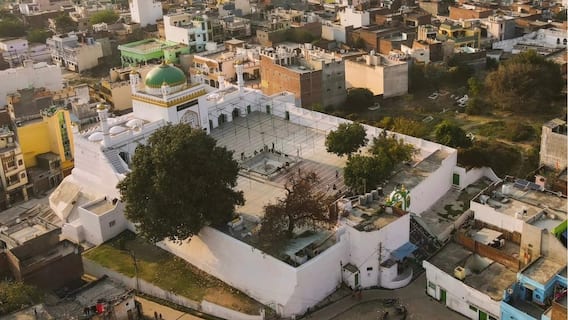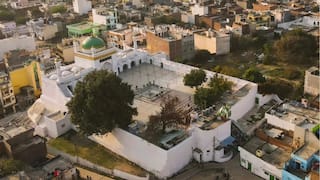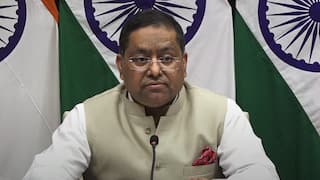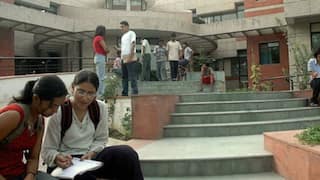World Bank Suggests Taxes On Agri, Real Estate And Retail Sectors To Infuse Rs 3 Trillion In Pakistan: Reports
World Bank has projected that if agriculture income and properties tax is enforced then it could fetch 3% of GDP in the tax collection on an annual basis, equivalent to slightly over Rs 3 trillion

The World Bank has suggested closing all tax exemptions and bringing agriculture, retail, and real estate under a tax bracket that can fetch 3 per cent of GDP in the cash-strapped Pakistan's kitty, media reports said on Tuesday. “The people in two major areas in the provincial jurisdiction — real estate and agriculture — had most of the untaxed wealth, which should be taxed by the provincial governments to be able to improve services and reduce the financial burden on the centre, which was financing these services,” newspaper Dawn quoted WB’s Country Director Najy Benhassine and senior economist Tobias Haque as saying.
The lender has projected that if agriculture income and properties tax is enforced properly then it could fetch 3 per cent of GDP in the tax collection on an annual basis, equivalent to slightly over Rs 3 trillion, the Dawn newspaper quoted Haque as saying. He said real estate and agriculture should yield revenue of 2 per cent and one per cent, respectively, of the GDP (or about Rs 2.1 trillion and Rs 1 trillion, respectively, according to official GDP size).
Referring to a detailed policy paper that the World Bank has submitted to the Pakistan government, Haque said, the paper “advocates increasing revenues through improved, expanded and progressive agriculture income taxation.” “This should be done immediately to reduce or refine the current 12.5-acre tax exemption threshold to bring more agricultural land into the tax net and ensure appropriate categorisation of land on the basis of size, location, irrigation status and area-based productivity aspects into tax rates,” the World Bank official was quoted as saying.
Newspaper The News International said the World Bank is also expecting the RISE-II (the second Resilient Institutions for Sustainable Economy) of $350 million for Pakistan to be approved but no date for the meeting of the Executive Board “can yet be confirmed.” “Pakistan is in a very difficult situation as its fiscal deficit is unsustainable. There is a need to undertake a combination of measures to generate revenues and reduce expenditures. We are recommending taxing the rich and wealthy while protecting the poor,” the News International newspaper said quoting Haque.
Earlier in September 2023, the World Bank had said that poverty in Pakistan shot up to 39.4 per cent as of last fiscal year, with 12.5 million more people falling into the trap due to poor economic conditions, i.e. falling below the poverty line of the $3.65 per day income level taking the total to 95 million, and urged the cash-strapped country “to take urgent steps to achieve financial stability.”
Haque stated that the World Bank has recommended a comprehensive package of tax and expenditure reforms to reduce unsustainable fiscal deficits and has consistently emphasised that the poor should be protected through any reform process, including through increased social protection expenditures, the report said.
(This report has been published as part of the auto-generated syndicate wire feed. No editing has been done in the headline or the body by ABP Live.)
Trending News
Top Headlines






































